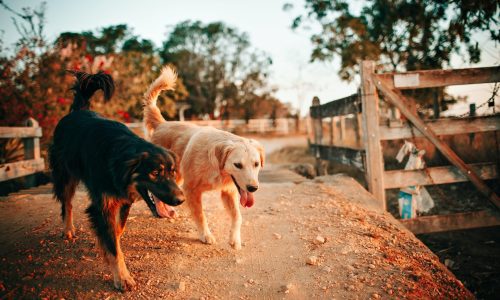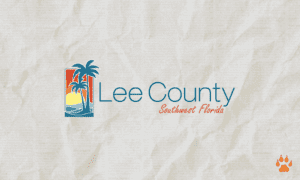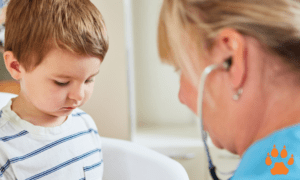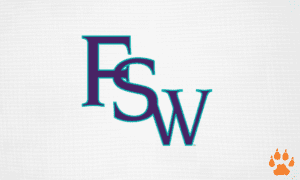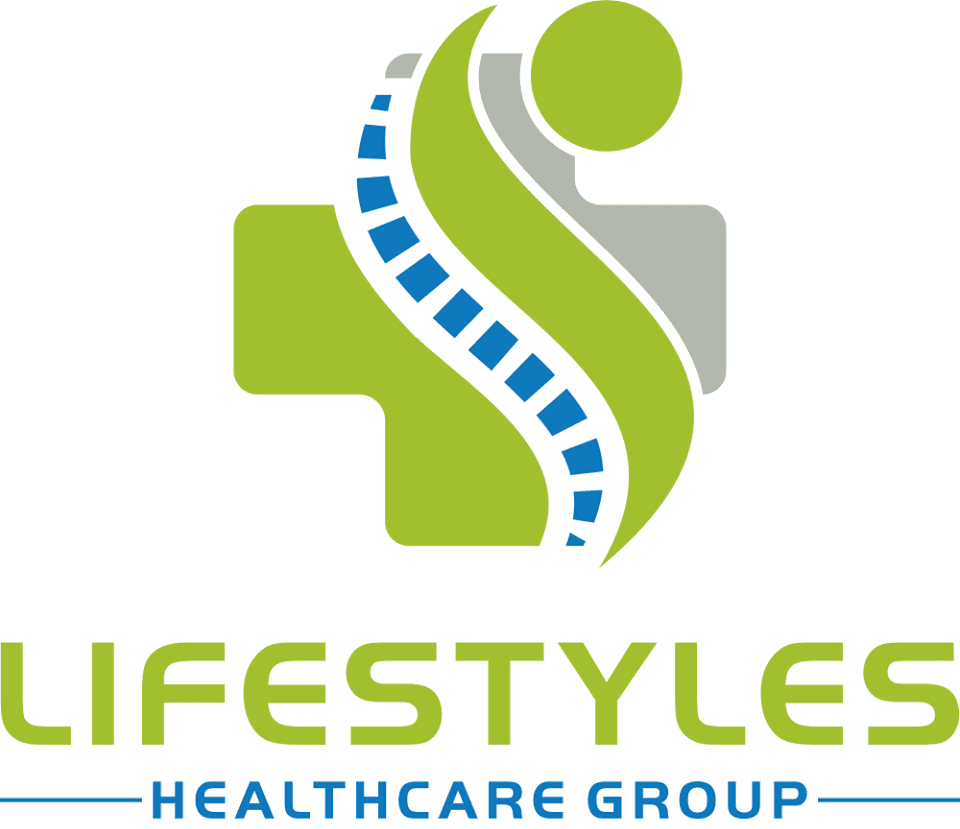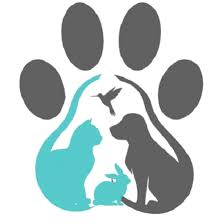It’s officially Fall. The leaves are changing color, the weather is more pleasant, and the holiday season is upon us. We love this time of year and so do our pets. It can be difficult protecting our pets from hidden dangers of this season. Below are some tips to help keep your pets safe during the autumn months.
BE CAREFUL OF MUSHROOMS
This is the time of year that mushrooms start popping up around the yard. While most mushrooms are safe to eat, others are highly toxic. It can be difficult to distinguish between them, so it is best not to take the risk. Prevent your pet from ingesting them by quickly removing them from your lawn when they first pop up, supervising playtime and keeping pets close during off-leash walks and hikes. If you suspect your pet has eaten a mushroom, contact your veterinarian, the ASPCA Animal Poison Control Center or Pet Poison Help Line immediately.
WATCH OUT FOR WILDLIFE
It’s almost hibernation season! This means that wild animals – like raccoons, skunks, bears and snakes – are out and about, busily preparing for their winter snooze. If you and your pet find yourselves out enjoying nature, keep a close eye out for these creatures, and mind your distance! If you live in an area that’s home to venomous snakes or dangerous reptiles, consider keeping your pets on leash while on hikes and walks.
DAYLIGHT SAVINGS TIME
As the days get shorter, it only makes sense to plan for walks in the dark. Invest in reflective gear and flashlights for yourself and your pet(s).
ANTIFREEZE
Fall is usually the time when some pet owners change the antifreeze in their vehicles to keep them running smoothly. But this product is highly toxic and should be kept far out of your pet’s reach. Antifreeze contains a chemical called ethylene glycol and pets are attracted to its sweet taste. However, if a pet ingests even a small amount, there can be serious, and even fatal, consequences. Signs of early poisoning include acting drunk or uncoordinated, excessive thirst, and lethargy.
If you fear your pet has ingested antifreeze, take them to your veterinarian or your local emergency hospital immediately for treatment with an antidote to prevent acute kidney failure.
Clean up spills of antifreeze immediately. You may also consider switching to propylene glycol-based coolants. They are not completely nontoxic, but they are much less toxic than other engine coolants.
If you suspect that your furry pal has had contact with or possibly ingested anything of concern, call your veterinarian for help immediately or one of the animal poison centers below.
• Pet Poison Help Line “>(888) 426-4435
THANKSGIVING FOODS
Thanksgiving is often a time to enjoy family, friend and best of all food! Most common foods enjoyed during this time include mashed potatoes and gravy to stuffing, casseroles and who can forget the turkey. While we love to enjoy and share these foods with friends and family, it is best not to share with your pets. These foods are usually loaded with fats, onions, raisins, nutmeg, and other spices that may be harmful to your pets. Pets who eat these items are at risk of developing pancreatitis or other condition that may make them ill. Some of these conditions can be painful and potentially fatal. Leftover bones from the turkey may seem like a great treat for your pet, but it is best to avoid sharing this treat with your pets. Bones can splinter and cause internal damage. They may also become stuck in the stomach or digestive tract and cause an obstruction which may require surgery.
Avoid an emergency hospital visit during the holidays by keep your pet away from the dinner table.
Stay safe and keep your pets safe.
ABOUT DR. TILLMAN
Dr. Tillman is a 2002 graduate of Tuskegee University School of Veterinary Medicine. Her veterinary practice and work experiences focus on health and wellness of pets in Southwest Florida. She is the owner of Just 4 Pets Wellness Center and can be reached at

